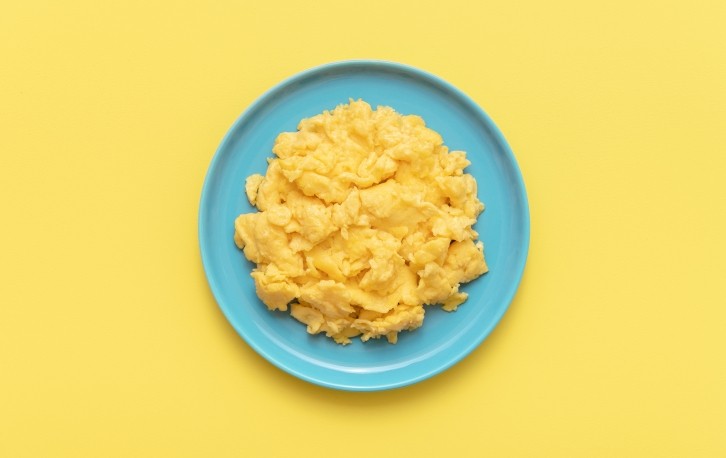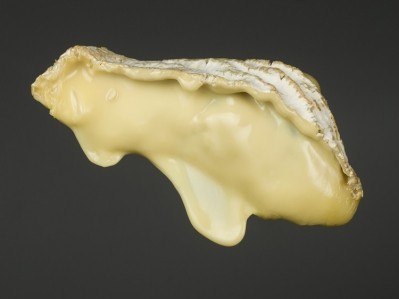Next level eggs: Neggst’s plant-based eggs are on the verge of cracking into the market

After raising over $4 million in funding, Berlin-based Neggst plans to produce its plant-based egg white and yolks through prototyped machinery. The company plans to first scale up in Germany before reaching the European and US markets.
By the year’s end, Neggst aims to introduce its prototype machine that will demonstrate its capability of producing automatic and accurate plant-based eggs. Currently, Arteaga explained, the process of creating the egg membranes is done manually.
“The idea is when we have this machine, we can scale up [production], which should be ready by almost the end of the year. Then we can have a proof of concept of this machine to create around 10,000 eggs per day,” she explained.
Neggst’s plant-based eggs are featured in two formats: a bottled liquid and a shelled egg made of biodegradable polymers, or a fermented plastic mixed in with minerals, Arteaga clarified. The eggs are made of pea protein and fava beans, algae to create the texture, as well as sweet potato and carotene for color; while the egg yolk membrane is created with calcium and algae.
“The idea was to have a product that can resemble a chicken egg and then give the consumer the experience of it,” she said.
The eggshell is currently in a prototype phase and while Neggst has a contract manufacturer to produce it, the company plans to develop a machine to put the whole egg together. Although given the significant price increase of including the shell, Arteaga explained her team will conduct more consumer research to determine whether the shell will make or break their expectations of a plant-based egg.
In terms of stability, Neggst’s eggs are expected to last for two months on the shelf, “almost the same as a chicken egg,” although testing packaging types will determine its stability.
Meeting consumers with taste, texture, sustainability and price
Plant-based products are still in its nascent stages in Germany, Arteaga explained, with more resistance from meat consumers and industries outside of the larger cities. But as plant-based CPG companies continue to race the clock on climate change and reduce greenhouse gas emissions emitted from livestock farming, scalability remains a challenge to reach consumers at a reasonable price.
Vegan eggs make up approximately 8.5% of all liquid egg sales and 0.13% of total egg sales, according to Forbes. Currently the category is led by JUST Egg, which is made from mung beans. In 2019, a 12-ounce bottle (equivalent to eight chicken eggs) cost almost $8 compared to its current retail price at almost $5.
With the more recent bird flu that led to skyrocketed prices (as high as $12 a carton in larger cities like New York City), plant-based eggs saw a way into consumers’ baskets as a more economically stable and healthy choice (cholesterol-free) and less environmentally harmful to produce.
According to JUST Egg, the company has sold over 350 million plant-based eggs using “98% less water, 83% less land and 93% fewer CO2 emissions.”
More recently, Tokyo-based 2Foods’ Ever Egg, made from carrots and white beans to produce a soft scramble appearance, is also a frontrunner in the plant-based egg category as the brand recently launched its US portfolio.
As is the case for the plant-based food industry, plant-based egg brands will be in a consistent state of adjustment to meet consumer needs for taste, texture, sustainability and of course, price.

















